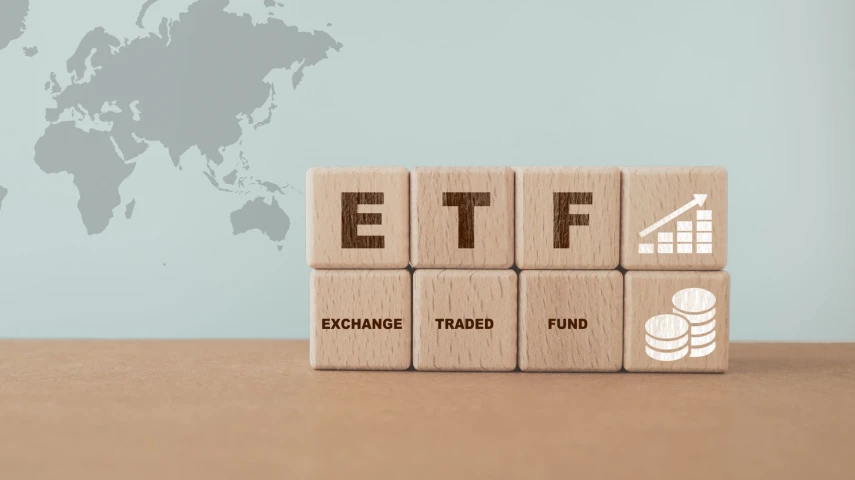Material risk observed in sustainable ETF selection



The confusion around what classes as “sustainable” can lead to large fund performance differentials depending on an adviser’s selection, according to Scientific Beta.
A study by the firm of sustainable index funds investing in US equity markets titled, From ESG Confusion to Return Dispersion: Fund Selection Risk is a Material Issue for ESG Investors, found significant annual return differentials between funds.
To obtain a suitable cross-section of sustainable ETFs, it selected those which limited their investment universe to US equities, incorporated ESG information passively into their construction process and did not explicitly tilt towards possible alternative performance drivers such as factors and sectors.
Although all funds surveyed had a sustainability tilt, the organisation said there was actually “very little commonality” between the funds even though they were all passive and therefore unaffected by manager skill.
Much of this is caused by the lack of consistency around what classes as a sustainable fund or what they should invest in as well as the lack of defined guidelines. This means funds can be taking vastly different approaches to their investment selection and how they integrate ESG information.
“Our findings reveal substantial performance disparities in the cross-section of these ESG funds. Over a six-year period, the difference in annualised returns between the best and worst ESG funds is 6.5 per cent when adjusting for differences in market exposure. When removing effects due to differences in industry exposure, the difference remains high with 4.9 per cent.
“Over single years, the dispersion can be even more dramatic, reaching a maximum of 22.5 per cent in terms of returns adjusted for market exposures, and 25.3 per cent in terms of industry-adjusted returns.”
This large differential, especially in single years, means it can be difficult for advisers to rely on past performance or tracking error as indicators of potential future performance.
“We find no evidence of performance persistence, meaning that sustainable ETFs that were the best performers in the past do not continue to be the best in the future. Only a minority of the sustainable ETFs in the top quintile of past performance are also in the top quintile of future performance. Moreover, the difference in the performance (performance spread) between the sustainable ETFs in the top and the bottom quintile portfolios based on past performance is statistically indistinguishable from zero.
“Investors need to be aware that fund selection risk is a material issue for sustainable investment strategies,” it concluded.
Recommended for you
Ausbil is growing its active ETF range with an ESG product in collaboration with sister company Candriam.
Philanthropic investment group Future Generation’s CEO, Caroline Gurney, will step down from her role at the start of next year.
The newly combined L1 Group is expectant of stabilising Platinum’s falling funds under management within the next 18 months, unveiling four growth pathways and a $330 million equity raise.
Janus Henderson Investors has launched a global small-cap fund for Australian investors, which includes a 5.4 per cent weighting to Australian equities.












